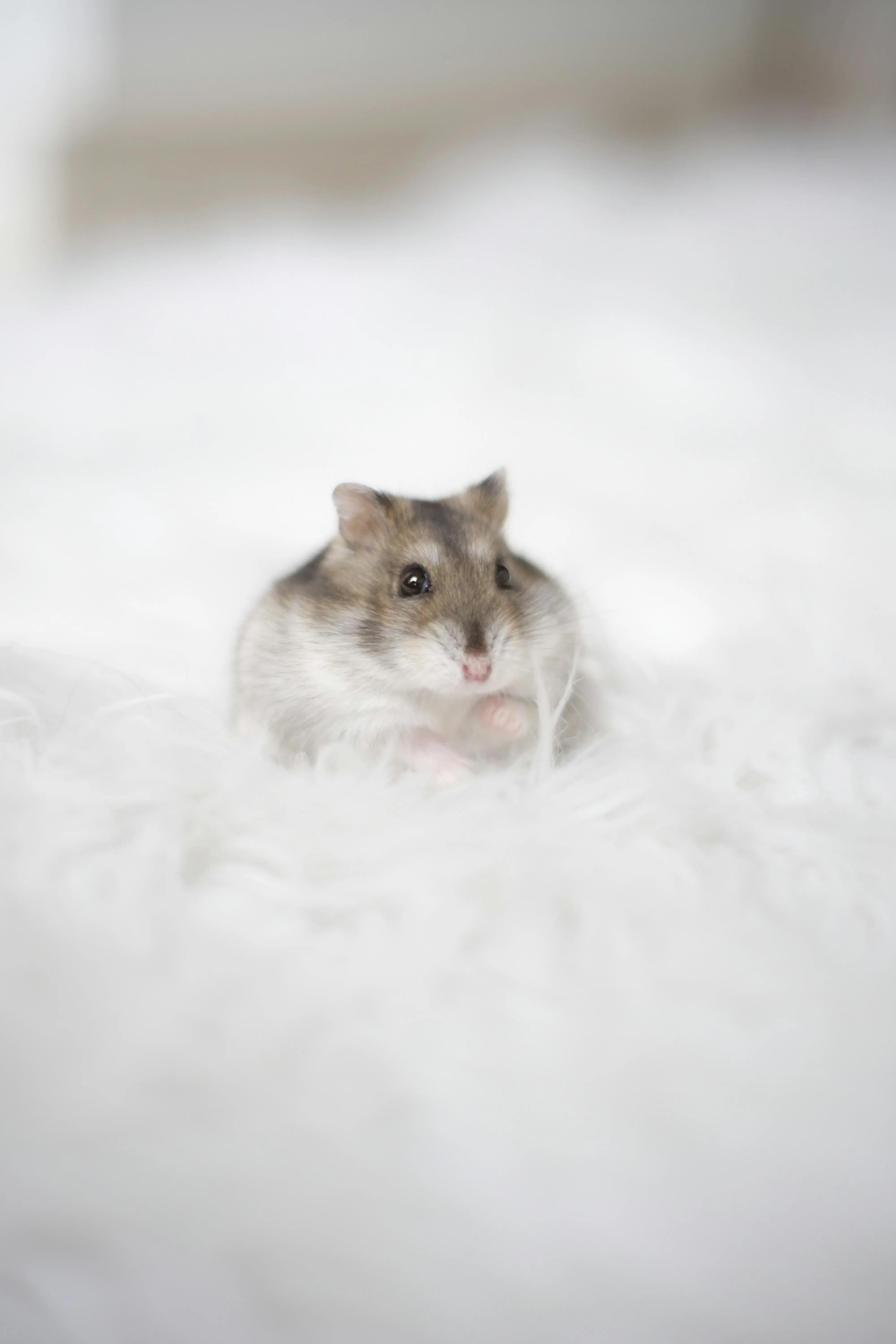Mighty Mice: Key Players In The Battle Against Dementia

Dementia, a condition that affects millions globally, is a frightening reality for many families. As scientists race against time to develop effective treatments, they have found a surprising ally in their research: mice. These small creatures are proving to be instrumental in unraveling the complexities of dementia and pioneering new therapeutic approaches.
Why mice, you ask? Well, mice share a remarkable amount of genetic similarity with humans—about 85 percent to be precise. This makes them an ideal model for studying human diseases. In the realm of dementia research, mice are particularly valuable due to their ability to mimic the progression of human neurodegenerative diseases.
At the University of Cambridge, researchers are harnessing the potential of mice in groundbreaking studies. By genetically altering mice to develop symptoms akin to those in human dementia patients, scientists can observe how the disease unfolds in real-time. This offers invaluable insights into the molecular and cellular changes that occur as dementia progresses.
One of the most exciting aspects of using mice in this research is the ability to test potential treatments at various stages of the disease. By observing how these treatments affect the mice's cognition and behavior, researchers can identify the most promising candidates for human trials. This not only accelerates the development of new drugs but also helps in understanding the mechanisms behind potential therapies.
Moreover, mice models allow scientists to explore the impact of lifestyle changes on dementia. For instance, studies have shown that changes in diet and exercise can significantly influence the progression of neurodegenerative diseases in mice. These findings could lead to new, non-pharmaceutical interventions for dementia in humans.
But it's not just about treatments. Mice are also helping researchers understand the risk factors associated with dementia. By studying mice with genetic predispositions to the disease, scientists can identify genetic markers and environmental triggers that could be targeted to prevent or delay the onset of dementia.
In conclusion, while they may be small, mice are making a big impact in the fight against dementia. Their contributions to research are paving the way for innovative treatments and prevention strategies that could one day alleviate the burden of this debilitating condition. As we continue to delve deeper into the mysteries of the mind, these tiny creatures stand as a symbol of hope and progress in our quest for cognitive health.